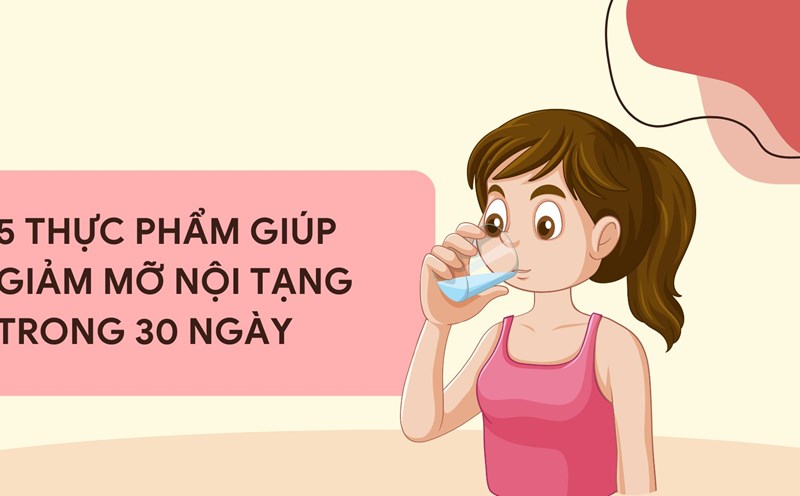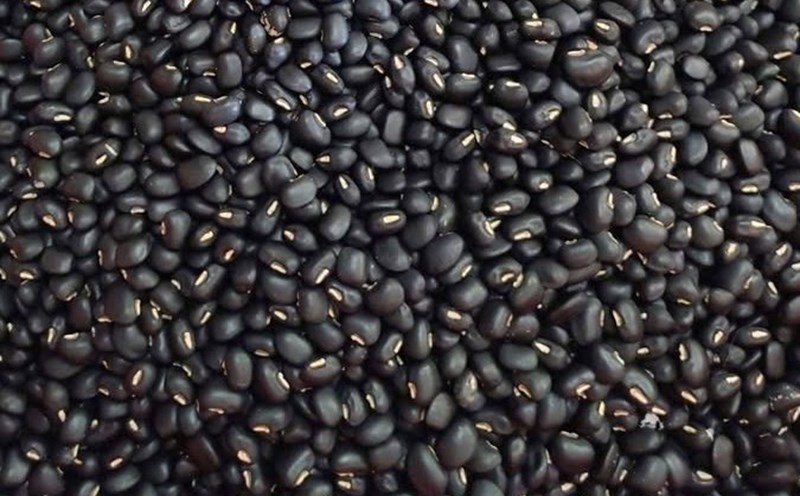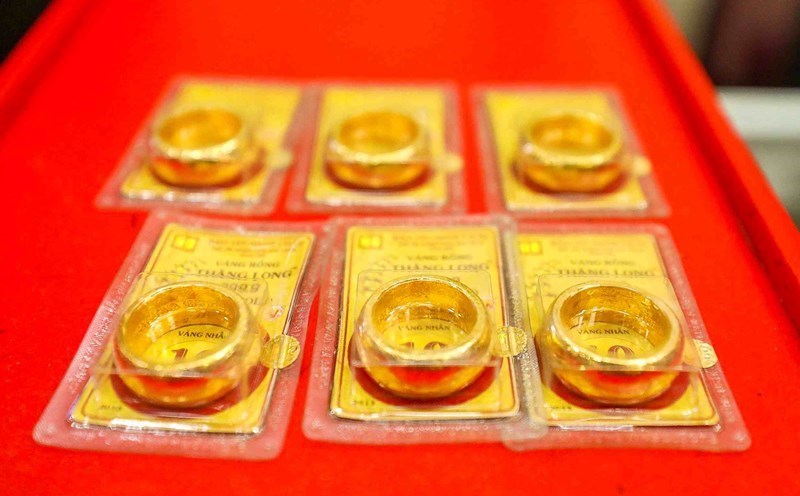Nutritionists recommend that adding some familiar fruits to your daily diet can effectively help reduce visceral fat.
One of the most mentioned fruits is apple. According to research published in the Journal of Functional Foods (2021), apples contain many polyphenols and soluble fiber pectin, a compound that helps control blood sugar, reduce cholesterol and limit fat accumulation around internal organs. Dr. Michael Greger, a community health expert in the US, commented: "Eating an apple a day is not only good for the heart but also supports visceral fat control thanks to its ability to regulate insulin and reduce inflammation".
Grapefruit is also a familiar fruit that many studies have proven beneficial. An experiment in Nutrition & Metabolism (2019) showed that people who ate half a grapefruit before meals for 12 weeks significantly reduced waist circumference and belly fat compared to the control group. The naringin and vitamin C compounds in grapefruit have the effect of increasing fat burning and improving liver function.
Bananas, a cheap fruit rich in potassium and fiber, cannot be ignored. Bananas help balance electrolytes, reduce bloating, and promote healthy gut microbiota, a factor that is increasingly proven to be related to the risk of visceral fat accumulation.
Experts emphasize that fruit is only effective when combined with a healthy diet and an active lifestyle. Replacing processed sweets with fruits such as apples, grapefruit or bananas can be a simple but sustainable step to improve health and control visceral fat.











